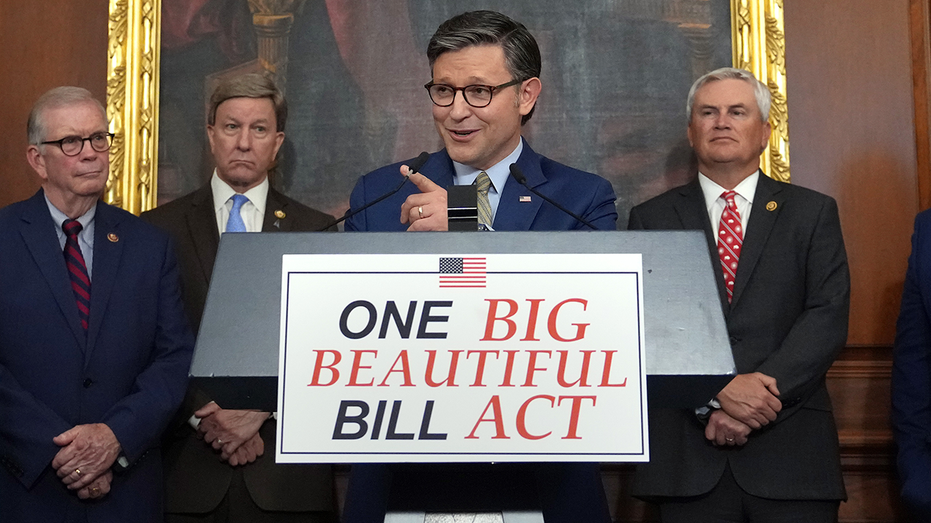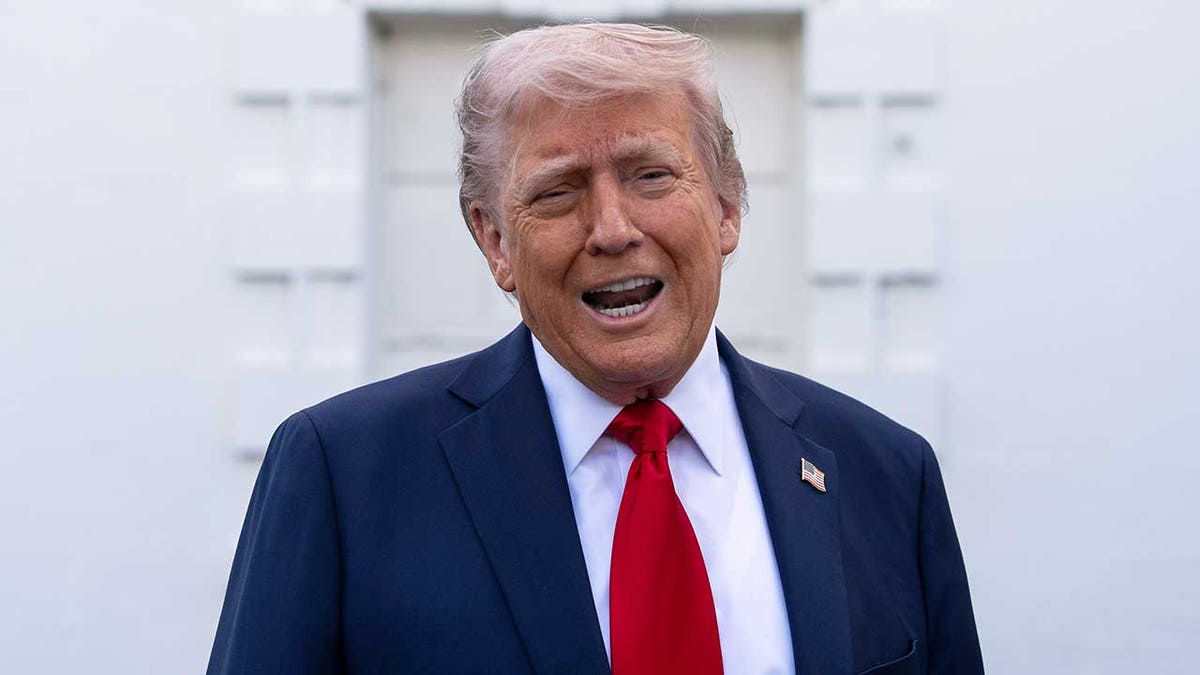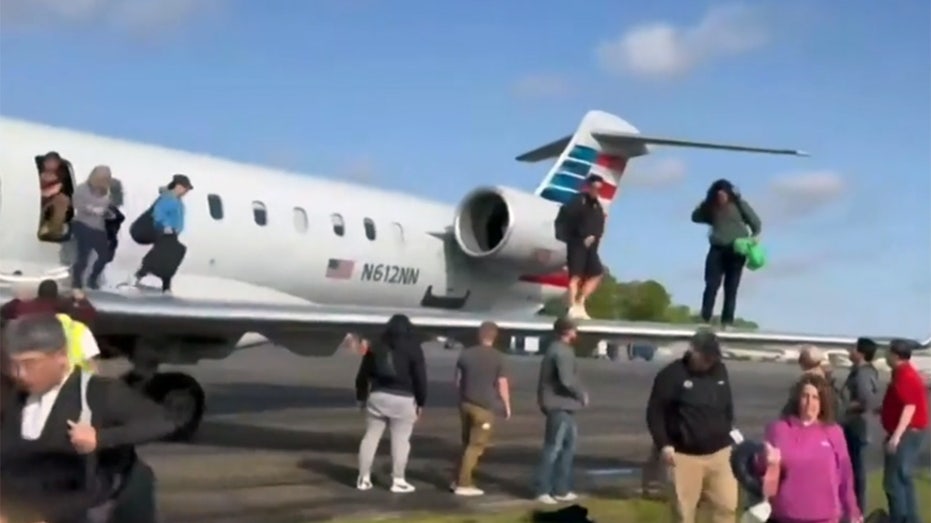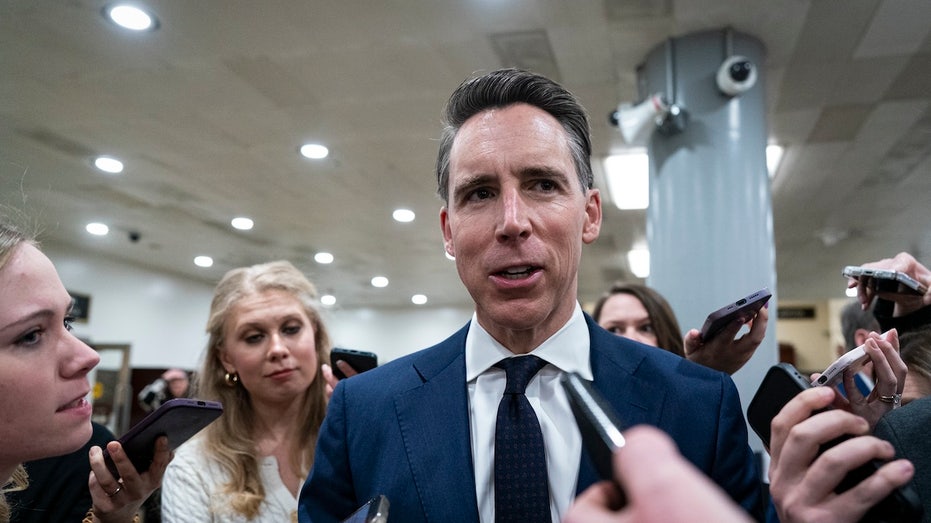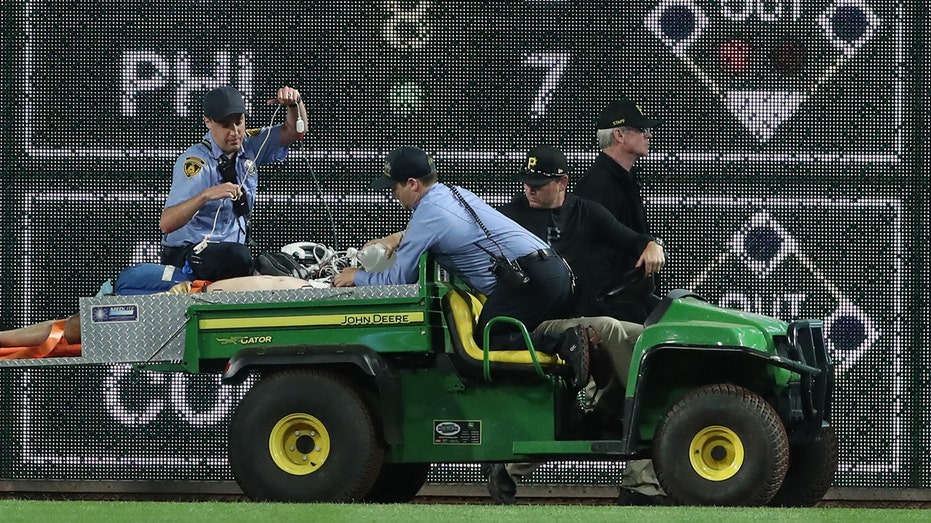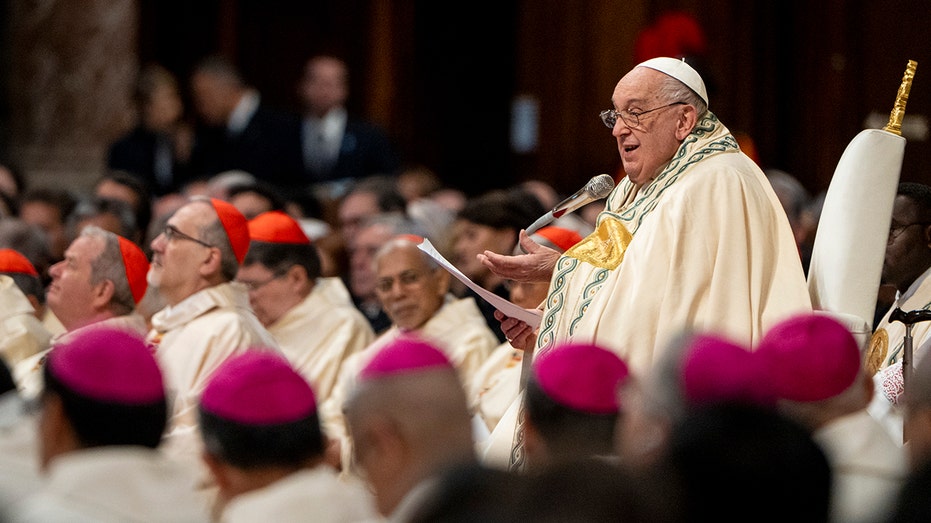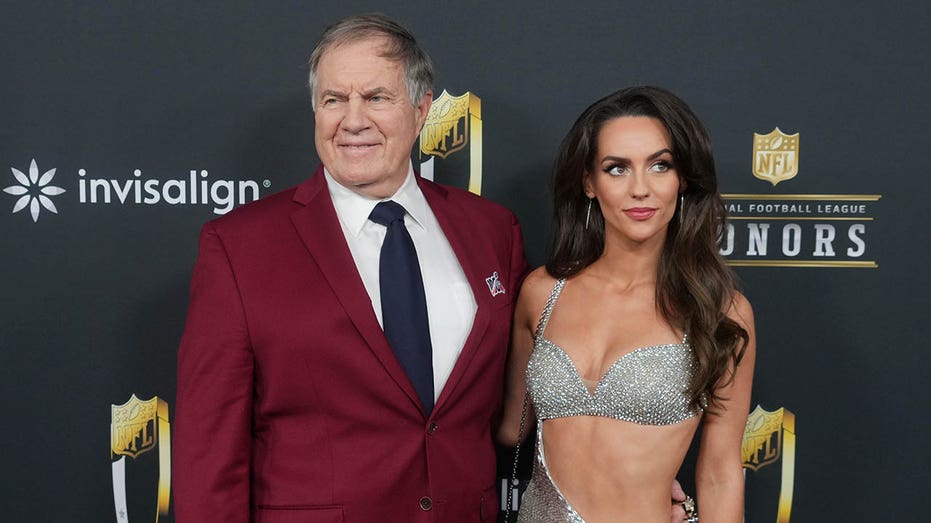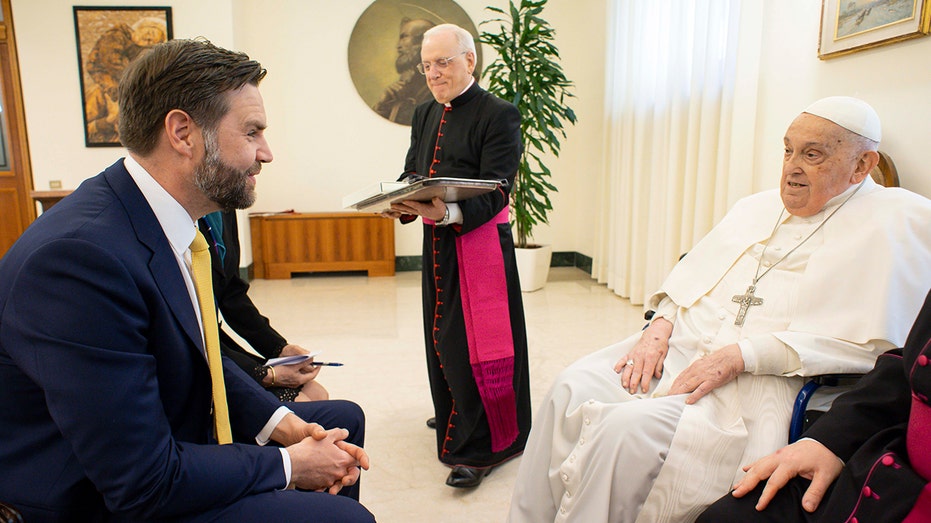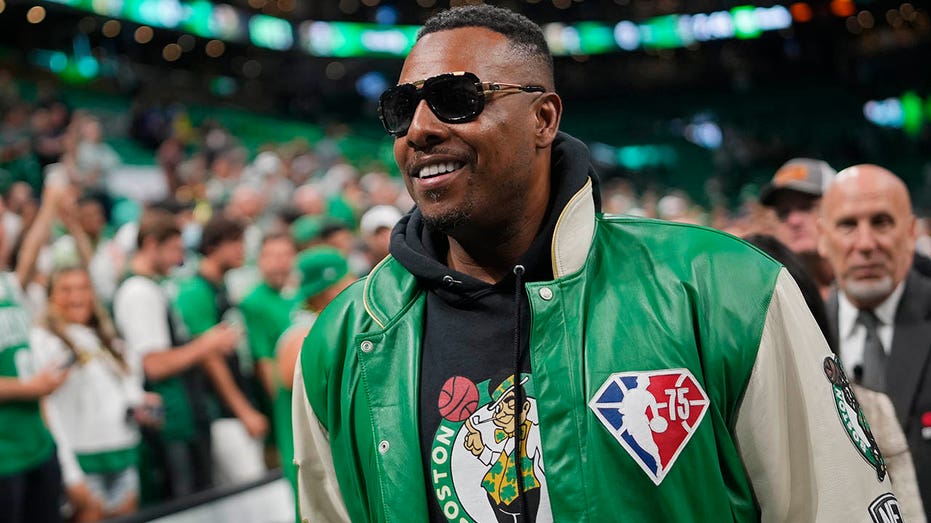Vance says Russia's demands are too high, but there's still a path to 'durable peace' with Ukraine
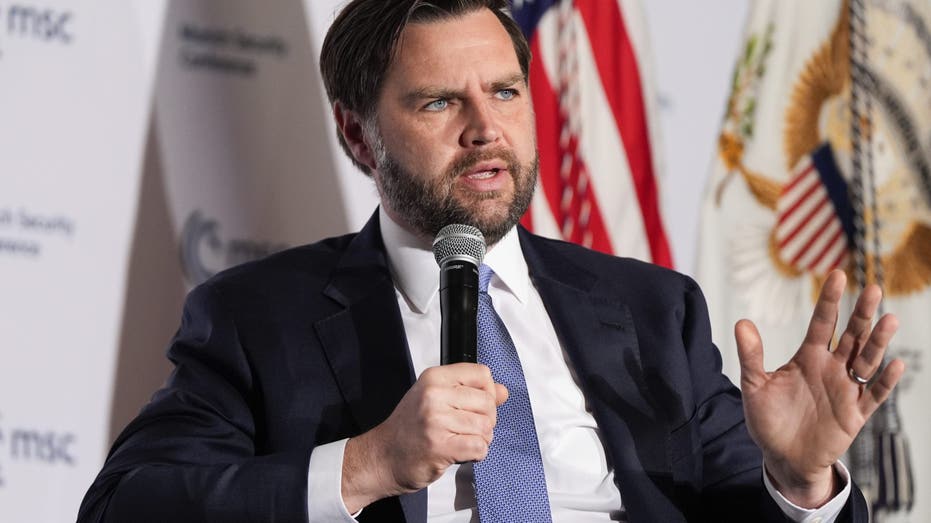
WASHINGTON — Vice President JD Vance said that the concessions that Russia is seeking from Ukraine to end the conflict between the two are too stringent, but he believes there is a viable path forward for peace and wants both to find common ground.
"The step that we would like to make right now, is we would like both the Russians and the Ukrainians to actually agree on some basic guidelines for sitting down and talking to one another," Vance said here Wednesday at the Munich Leaders Meeting in Washington.
"We think that if cool heads prevail here, we can bring this thing to a durable peace that will be economically beneficial for both Ukrainians and the Russians," Vance said.
Vance appeared for a discussion with Ambassador Wolfgang Ischinger, president of the Foundation Council of the Munich Security Conference and the former German ambassador to the U.S.
Russia's demands include Ukraine never joining NATO, and preventing foreign peacekeeper troops from deploying to Ukraine following the conflict. Additionally, Russia is seeking to adjust some of the borders that previously were Ukraine's.
Additionally, Ukraine is on board with a 30-day ceasefire, while Russia refuses to participate. Vance said that the U.S. is seeking to find solutions beyond the ceasefire.
"We've tried to move beyond the obsession with the 30-day ceasefire, and more on what the long-term settlement look like, and we've tried to consistently advance the ball," Vance said.
Vance has urged for European nations to bolster defense spending and increase European independence, aligning with the Trump administration's "America First" agenda that has pushed NATO allies to beef up their own military spending.
The event comes as Ischinger recently cautioned that any attempts to establish a peacekeeping force in Ukraine to end the conflict between Moscow and Kyiv absent the U.S. could mean the "de facto end of NATO," according to Politico.
Should the U.K. and France send a peacekeeping force there like they’ve both discussed without U.S. involvement, that could prompt Russia to accuse Ukrainians of starting a conflict, Ischinger said in a Politico interview published Monday.
VANCE'S ‘AMERICA FIRST’ APPROACH GOES GLOBAL, TAKES HARDLINE MESSAGE TO GREENLAND
"And therefore the Europeans in Ukraine would possibly be shot at, and would need to reply, to engage without the United States on their side," Ischinger said. "Quite frankly, that would be the end of NATO as we know it."
Vance previously appeared at the Munich Security Council in February, where he laid out the Trump administration’s stance that Europe "step up in a big way to provide for its own defense."
He also cautioned that Russia and China don't pose as great a threat to European nations as the "threat from within," in regard to issues like censorship and illegal immigration.
European leaders pushed back on the remarks at the time, with German Defense Minister Boris Pistorius said he perceived the comments as a comparison to "conditions in parts of Europe with those in authoritarian regimes."
This is a breaking news story and will be updated.
What's Your Reaction?
 Like
0
Like
0
 Dislike
0
Dislike
0
 Love
0
Love
0
 Funny
0
Funny
0
 Angry
0
Angry
0
 Sad
0
Sad
0
 Wow
0
Wow
0
